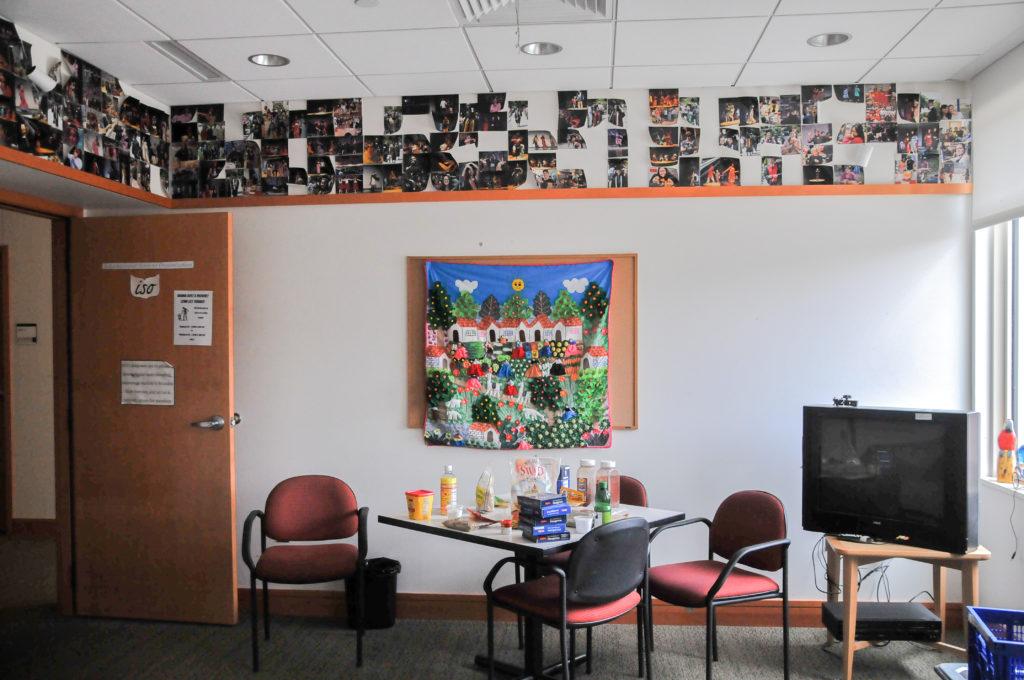While the midterm elections recently took place and captured the nation’s attention, a large subset of the College population was not able to participate in the process: international students, who comprise about a fifth of the student body at Grinnell.
However, a number of them still make the effort to participate and stay informed about American politics, while simultaneously following public affairs from their home countries.
“It’s hard to keep up with both worlds,” said Anais Levin ’19, an international student from Brazil. “Usually, I don’t keep up with politics as much as I should, but I’ve been really trying this year to be more active, because I never really was back home, and now I’m feeling kind of bad about it. I should’ve been when I had the opportunity to.”
Levin tried to cast an absentee ballot in the Brazilian General Election, which happened in October. However, the process for voting while abroad proved to be extremely complicated and time-consuming.
“I couldn’t vote, because you have to get a complicated permit to justify your absence, and you have to go to Chicago,” Levin said. She also noted that other Brazilian students at Grinnell had the same issues, and therefore were not granted a chance to cast their vote.
Kosuke Yo ’20, from Japan, faced a similar problem when he attempted to vote in elections back home.
Similarly to Levin, Yo felt caught between two realities. He felt like he generally struggles to have a say in issues, since he cannot fully participate in either countries’ politics.
“I feel disconnected from both American and Japanese politics because I can’t vote [in America], and I spend most of my time in America,” Yo said.
Yo also pointed out that countries such as the U.S. and Japan maintain diplomatic relationships. Therefore, a country’s political decisions will ultimately affect the country on the other end of the relationship, making it important to be informed of the current affairs of both countries’ circumstances.
Though voting is one way of participating in American politics, international students have found other ways to make their voices heard. Several are involved with local and national politics by joining on-campus activist groups, volunteering and engaging in conversations about issues that affect everyone, whether they are American citizens or not.
“I try to encourage all my friends to vote in this [midterm] election, and I try to stay tuned to the news and try my best to know what’s happening in the U.S,” Levin said, stressing the importance of participation in the political process while being an international student. “If they have an opportunity to have their voice[s] heard, [they should] take it.”
International students might not be able to officially have a say in the direction that the country is heading towards, but they still have the capacity to engage in other ways and make effective change.
“What we [international students] should do is try to engage with the political process here. Even though we can’t vote, I think we can still do a lot, like talk about the issues. And it’s super important that we do that,” Levin said.
































































